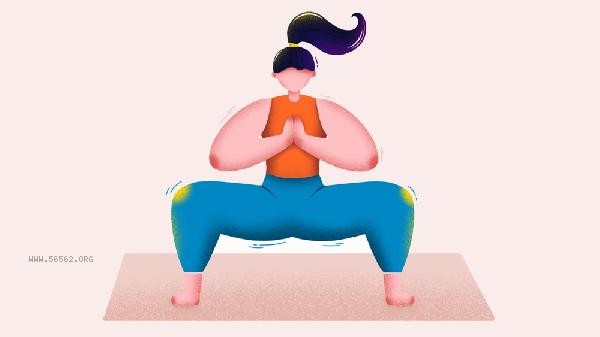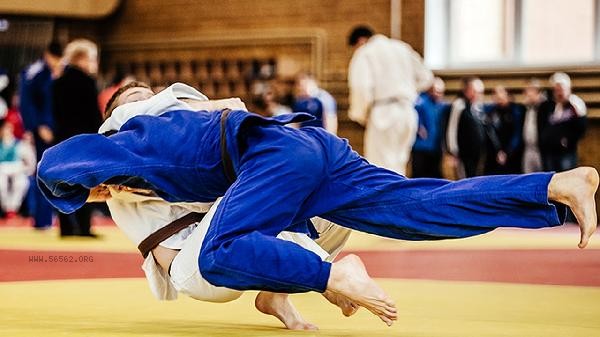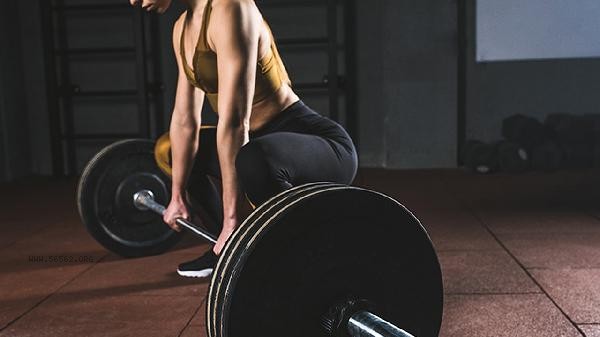It is usually not recommended to drink alcohol immediately after one hour of fitness, as it may affect muscle recovery and metabolic function. Alcohol can interfere with protein synthesis, increase the risk of dehydration, and delay fatigue recovery after exercise, but a small amount of low alcohol alcohol has a relatively small impact on some people after sufficient hydration. After exercising, the human body is in a high metabolic state, and alcohol can inhibit the secretion of growth hormone and hinder muscle fiber repair. Accelerated blood circulation after exercise may accelerate alcohol absorption and increase liver burden. Drinking alcohol after high-intensity training may cause hypoglycemic reactions, leading to symptoms of dizziness and fatigue. Before drinking alcohol, it is recommended to replenish sufficient water and electrolytes, and prioritize a carbohydrate and protein mixed diet to aid recovery. Some studies have shown that drinking a small amount of red wine after exercise may provide antioxidant benefits, but it should be done at least two hours apart and kept within one glass. Higher alcohol calories may offset some of the weight loss effects, and long-term exercise and alcohol consumption can lower testosterone levels and affect muscle building efficiency. People with cardiovascular disease or metabolic abnormalities should completely avoid drinking alcohol after exercise.

It is recommended that fitness enthusiasts supplement lost electrolytes with sports drinks or coconut water, and before drinking alcohol, make sure to complete stretching and relaxation and eat foods rich in vitamin B. In long-term fitness plans, the frequency of alcohol intake should be reduced, and priority should be given to ensuring sleep quality and balanced nutrition to optimize training effectiveness. If there is a need to drink alcohol, you can choose non training days and control the intake within a safe range.









Comments (0)
Leave a Comment
No comments yet
Be the first to share your thoughts!